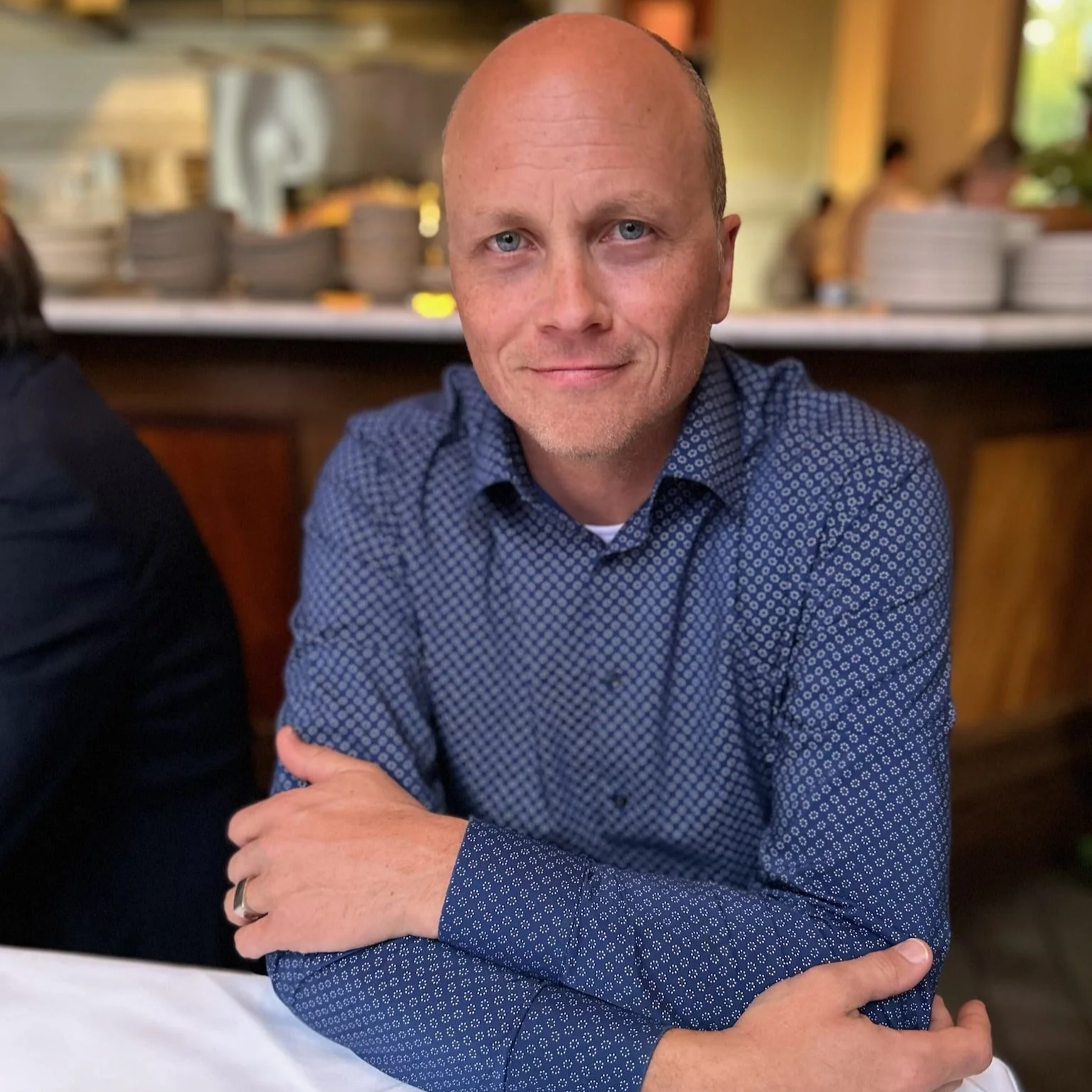Ways out of chronic pain and trauma
Hi,
I’m so glad you’re here at Radius. This is a place where we learn pathways out of the co-occurring conditions of anxiety, trauma, and chronic pain through the practice of developing and deepening the experience of safety.
A little about me.
While growing up I shared several traits that are common among chronic pain sufferers: perfectionism, people pleasing, high anxiety, insomnia, a seemingly perpetual sense of self doubt, family history of chronic pain, and a general harshness that I directed toward myself. In my early twenties after experiencing what I now understand as an ongoing sequence of high stress events, my body responded with an autoimmune reaction. At a young age when I was supposed to be at peak health, it seemed my body and mind were rebelling against me. Thankfully, I took these symptoms as a warning sign to make changes in my life. I began exercising, meditating, and aligning myself with long-term goals that felt meaningful.
Fast forward to more recent years. After my graduate degree in counselling psychology, I took an interest in chronic pain management. And only within the last few years have I begun to realize that I have been living with chronic (though not debilitating) pain for over 25 years. I am grateful for discovering the practice of Tai Chi Chuan and meditation and the soothing effects they help cultivate – without these practices I truly do not know what monster my pain would have grown into.
But more recently within the last two years I grew tired of just managing the intermittent, and often intensifying experience of pain. So, I turned attention to deeper psychological training in neuroplastic pain recovery. The effects have been phenomenal. After practicing the therapeutic skills on my own condition, I have experienced the first-hand effects of mind-body treatment. My pain has dramatically decreased on most days, and is gone on many others. And while I have learned that it is a long-term process to train the brain out of pain signalling, the methods work. And the increased sense of freedom and relief is well worth the effort.
My aim as a psychologist is to share this training and knowledge with other chronic pain sufferers so that they may return to lives of deeper connection, comfort, and joy. There is a path to recovery here just waiting to be opened.

